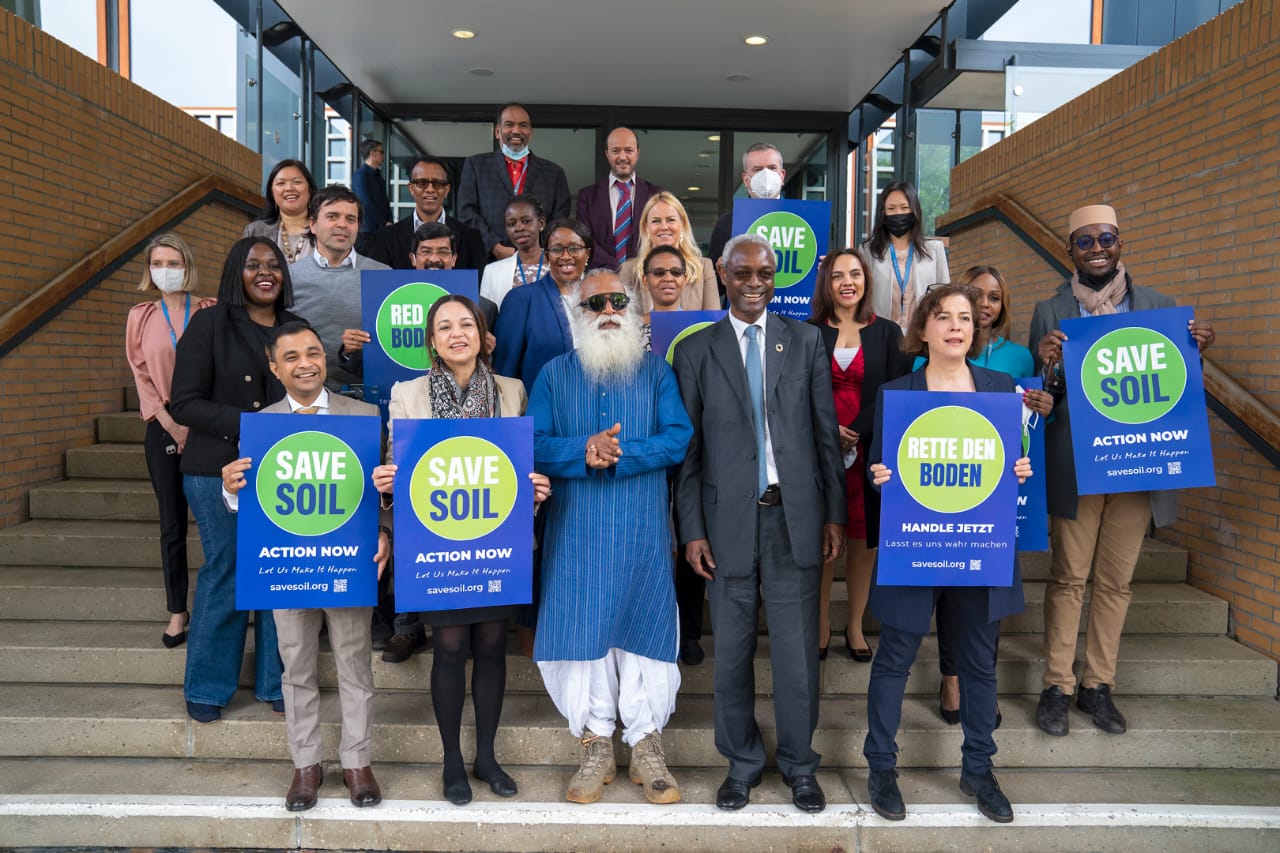Trending Now
- IPL 2024 begins with a bang. First contest between CSK and RCB.
- Election commission allots mike symbol to Naam Thamizhar Katchi
- AIADMK promises to urge for AIIMS in Coimbatore, in its election manifesto.
- Ponmudi becomes higher education minister.
World News
US and Canada reach new trade deal to replace Nafta
![]() October 1, 2018
October 1, 2018
The US and Canada have reached a new trade deal, along with Mexico, to replace the current North American Free Trade Agreement (Nafta).
The United States-Mexico-Canada Agreement (USMCA) gives the US greater access to Canada’s dairy market and allows extra imports of Canadian cars.
The deal has 34 chapters and governs more than $1tn (£767bn) in trade.
US President Donald Trump, who has long sought to change Nafta, said the new deal was “wonderful”.
Until recently it looked as if Canada could be excluded from a final trade agreement to replace Nafta which has been in place since 1994.
The new USMCA is intended to last 16 years and be reviewed very six years.
The US has been fighting trade wars on several fronts this year, including placing tariffs on steel and aluminium imports from Mexico and Canada., as part of President Trump’s America First policy. Tariffs on cars are also threatened.
What is in the new deal?
The exact details of the agreement were released in the early hours of Monday and contain updated arrangements for Canada’s dairy industry and car exports to the US.
On diary, US farmers will have access to 3.5% of Canada’s $16bn a year diary market
On cars, Canada and Mexico have a quota of 2.6 million cars as a protection for its car industry against any move by the to US impose global tariffs on cars. The US has a secured an agreement that more car parts must be made in areas of the country paying $16 a hour.
How was the deal reached?
The US made a deal with Mexico in August, but relations with Canada over the trade pact had become increasingly strained in recent weeks.
The Trump administration set Sunday as a deadline for Canada to strike a deal.
A protectionist policy under the Mr Trump has seen the US forge ahead with individual trade deals, rejecting bigger multi-lateral trade agreements and posing a challenge to decades of global free trade.
As part of this policy Mr Trump has also launched a trade war against China, which has already hurt companies and could curb global economic growth.
A win for Trump?
Is this a win for President Trump? He certainly has got Canada and Mexico to agree some important things he wanted.
It will be harder, or at least more expensive, for car makers to use parts from outside North America, notably from China. American dairy farmers are getting better access to the highly protected Canadian market.
There may well be some political benefit for him in the forthcoming Congressional elections.
But he has another wider objective – to reduce the imbalance in US international trade, with individual trade partners and globally.
The US imports more than it exports and President Trump wants to change that. Judging whether he has won in that sense will need more time.
However, many economists don’t think trade balances are primarily the outcome of trade policy – instead they reflect government borrowing, private investment and savings decisions and international capital movements.
























